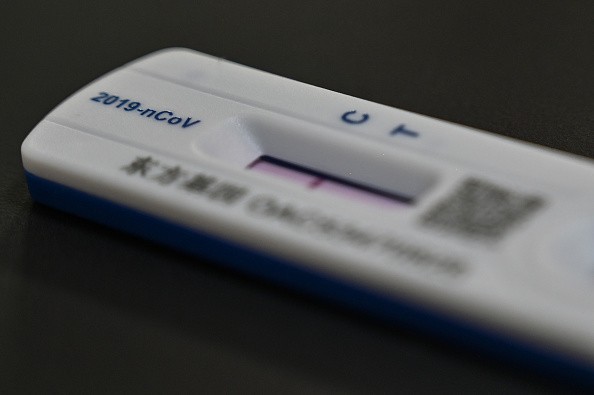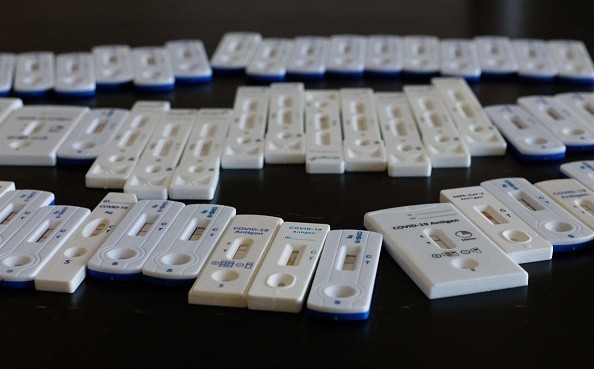COVID-19 rapid tests are still adequate when it comes to detecting sub-variants of the novel coronavirus.

Experts claimed that these health kits could efficiently know if an individual has COVID-19.
But, they clarified that issues might arise when rapid test kits face new COVID-19 sub-variants.
"These tiny, tiny changes in sub-variants matter a lot in terms of the biological activity of the virus and its ability to escape our immune system," explained University of Toronto assistant professor Colin Furness.
COVID-19 Rapid Tests Still Efficient Against New Sub-Variants?
Via Global News' latest report, Furness, an infection control epidemiologist, stated that new COVID-19 variants can't easily fool rapid tests.

But people need to remember that COVID-19 rapid test kits will have a pretty hard time detecting the virus when symptoms begin.
Furness explained that it would take a few days before rapid tests could show positive test results.
He added that even though the kit shows a negative result, there's a chance that the individual may be infected with the coronavirus.
The health expert further explained that this happens because the test kits show that the infection may not be contagious enough to trigger a positive result.
How Do Rapid Test Kits Work?
UC Davis Health explained that COVID-19 rapid test kits (rapid antigen tests) are specifically designed to identify the novel coronavirus' protein pieces.
This health technology uses a sterile swab to collect samples from nostrils. After that, the swab is combined with a liquid.
Then, this liquid will be placed onto the rapid antigen test kit's cartridge.
If there are enough protein pieces, the test strip will show a positive result, appearing around 15 to 20 minutes.
A negative result will be shown if protein pieces are insufficient.
For those who want to learn more about COVID-19 rapid test kits, you can click this link.
In other stories, the COVID-19 super-dodgers intrigued many health experts.
Recently, a new COVID-like virus called Khosta-2 was identified.
For more news updates about COVID-19 and other alarming diseases, keep your tabs open here at TechTimes.
Related Article : Free At-Home COVID-19 Test Orders To Be Suspended? US Government Explains Why and How To Get Tests For Free
This article is owned by TechTimes
Written by: Griffin Davis

![Apple Watch Series 10 [GPS 42mm]](https://d.techtimes.com/en/full/453899/apple-watch-series-10-gps-42mm.jpg?w=184&h=103&f=9fb3c2ea2db928c663d1d2eadbcb3e52)


